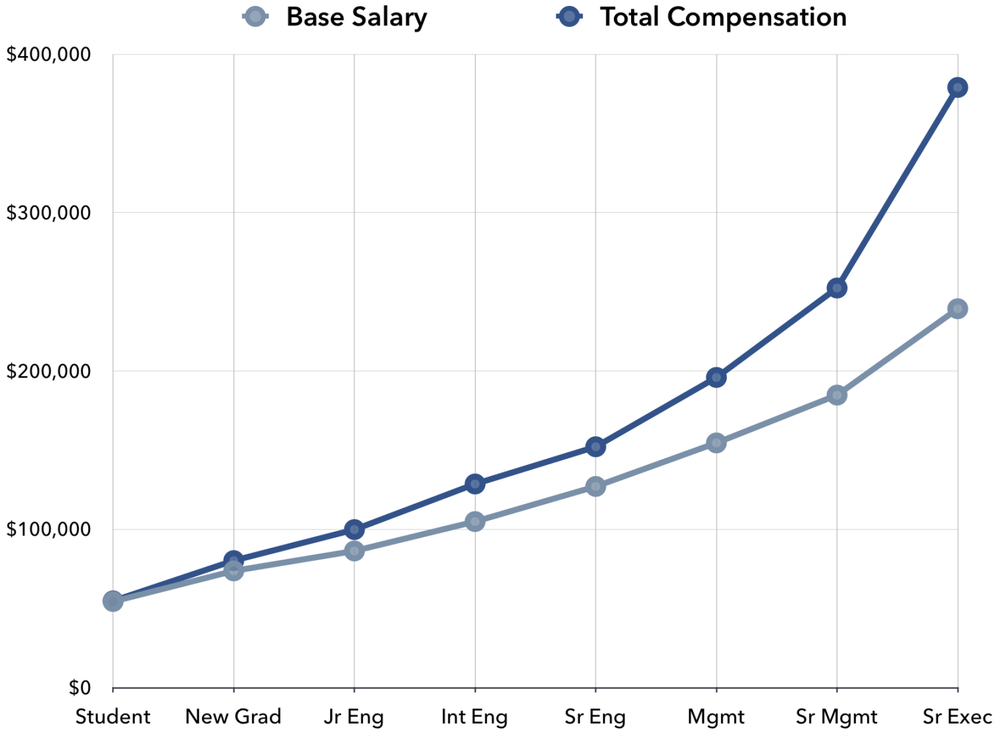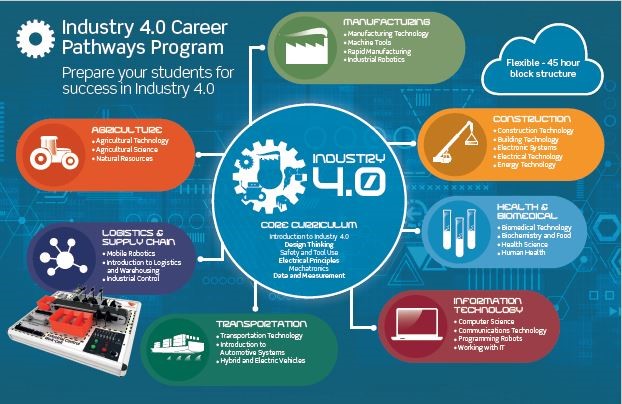
Although the work of a system engineer can be difficult, it can also be extremely rewarding. Various technical roles require different skills and traits, including problem-solving skills and the ability to understand the full scope of a system. These characteristics allow engineers to preserve the efficiency of a system. These professionals are also able to work on fun projects.
Management of ambiguity
Managing ambiguity as a systems engineering process can be difficult. It's not that you should avoid making decisions, but you should be able to work with less uncertainty. Collaboration is a key component of the technology industry. If you can work with less ambiguity, it will be easier to succeed. This will help you to cope with difficult situations.

By focusing on context and using example, you can successfully deal with ambiguity in the workplace. For example, you could provide an example of how a certain feature might be used by a customer or implemented by a software vendor. The best way to reduce ambiguity is to use examples.
Managing work-processes
The role of a systems engineer is to help a project manager define the scope and requirements for a product or project. Systems engineers are able to analyze the technical aspects of a project and create a work breakdown structure that outlines the steps required to complete it. They can also be a bridge between the project manager (and the technical community), ensuring that the right people are brought on board to execute the project.
Systems engineers often perform functions at the portfolio and program level, such as total life-cycle cost analysis and life cycle model management. They are skilled technical risk analyst and play an essential role in risk management planning. They might also be responsible to make or buy decisions. Systems engineers can take on these roles and help project managers to concentrate on programmatic risks.
Managing risk
Risk management is an essential component of system engineering. Risk management can have catastrophic consequences if it's not done correctly. A risk management plan should include identifying risks and assessing the impact of those risks. Then, it should be possible to devise mitigation steps. It is vital to monitor the risk status throughout the life of the project.

Risk management involves considering the risks associated with engineering systems and evaluating them. The impact of risks on business operations should be considered by system engineers when dealing with them. The first step in the risk assessment process is to identify potential risks that could lead a system to fail. This will allow them to decide the best course.
FAQ
What does a Chemical Engineer do for a living?
Chemical engineers are skilled in math, science, engineering and technology to develop chemical products, processes, equipment and technologies.
Chemical engineers can choose to specialize in areas like petroleum refining or pharmaceuticals, food processing, agricultural, textiles and paper, mining, metalurgisty, and power generation.
They work closely with researchers and scientists to solve complex technical problems.
Engineering is difficult to learn?
It depends on your definition of "hard". If you mean difficult, then it's true. But, if boring is what you are referring to, then it's false. Engineering is not hard because it requires lots of maths and physics.
Learn how to do anything if you are interested. You don't have to be an engineer to become an engineer.
Engineering is fun as long as you are doing something that interests you.
You could say that engineering is easy once you know everything inside out. However, it isn't true.
Engineers can be boring because they haven’t tried it all.
They just keep doing the same old thing every day.
However, there are many solutions to problems. Each way has its strengths and weaknesses. Check them all out to see which one suits you best.
How much do engineers earn an hour?
This varies from one person or company to the next. An average salary for a entry-level software engineer is about $60,000 per year. After working for a while, this number can reach over $100,000.
What types of jobs can I find if I major in engineering?
Engineers are able to find work in almost any industry, such as manufacturing, transport, energy, communications and finance.
Engineers who specialize in particular fields can often find employment at specific companies or organizations.
An example of this is that electrical engineers can work for telecommunications firms, medical device makers, or computer chip manufacturers.
Software developers could work for websites and mobile app developers.
Tech companies such as Google, Microsoft and Apple may employ computer programmers.
Statistics
- Typically required education: Bachelor's degree in aeronautical engineering Job growth outlook through 2030: 8% Aerospace engineers specialize in designing spacecraft, aircraft, satellites, and missiles. (snhu.edu)
- 14% of Industrial engineers design systems that combine workers, machines, and more to create a product or service to eliminate wastefulness in production processes, according to BLS efficiently. (snhu.edu)
External Links
How To
Which type of engineering should you study?
For anyone who is interested in technology, engineering is a great career choice. There are many types of engineers, each with its own set of skills and responsibilities. Some engineers specialize in mechanical design, while others are more focused on electrical systems.
Engineers may work directly with clients to design buildings and bridges. Others work behind-the scenes developing software or analyzing data.
Whatever type of engineer you choose, you'll learn how to apply scientific principles to solve real-world problems.
In addition to learning technical skills, students also develop valuable business and communication skills. Engineers often work in collaboration with other professionals, such as accountants, managers or lawyers, to create new products and services.
As a student you will be exposed to topics like mathematics, science and chemistry. In addition, you will be able to communicate clearly both verbally and written.
There are many career opportunities in engineering, no matter if you work for large companies or small startups. Many graduates find jobs right away after graduation. However, there are many options available to those looking for further education.
You could earn a bachelor's degree in engineering, giving you a solid foundation for future employment. Or you might pursue a master's degree, providing additional training in specialized areas.
A doctorate program allows you to delve deeper into a particular field. A Ph.D. usually comes after four years of graduate studies.